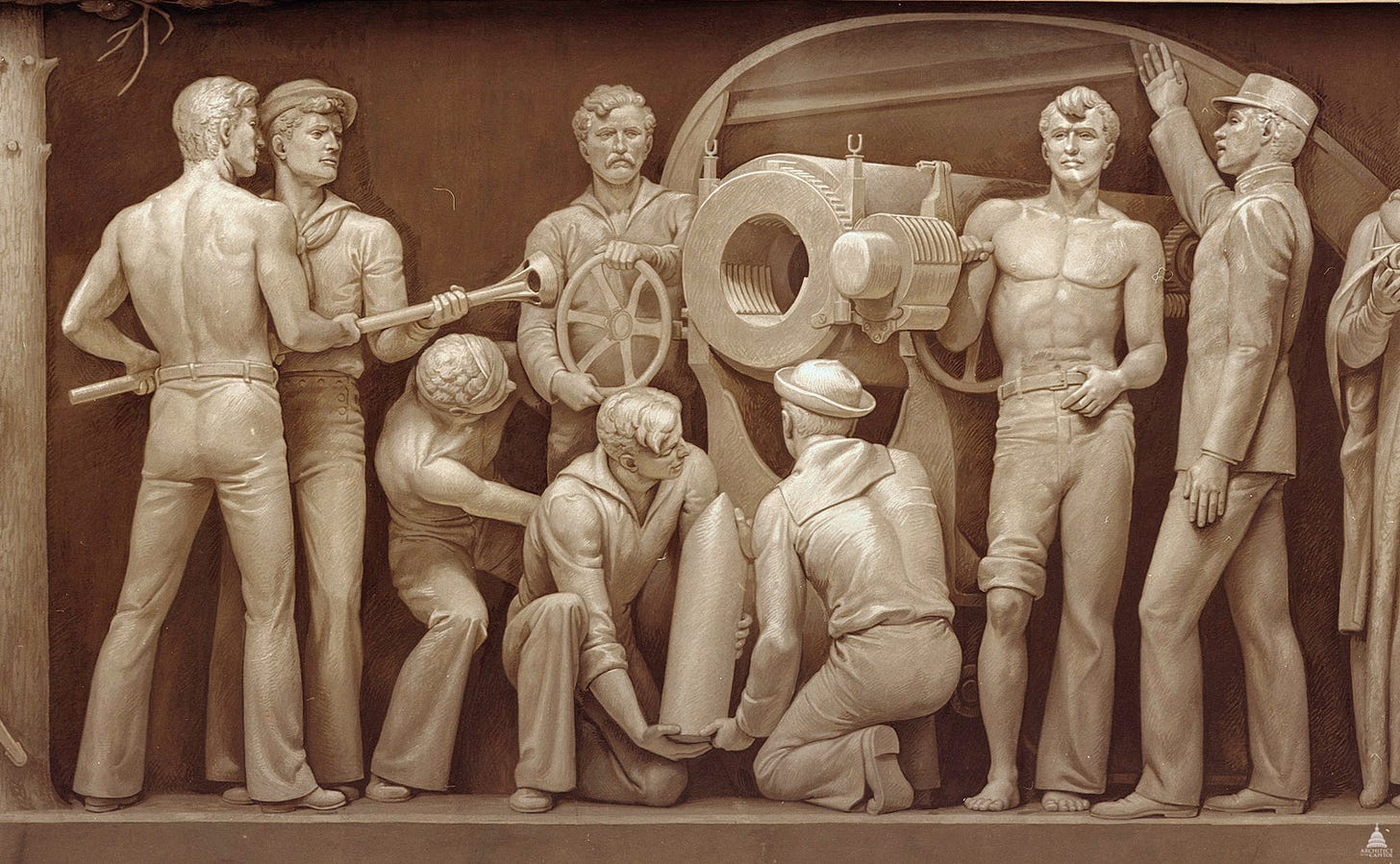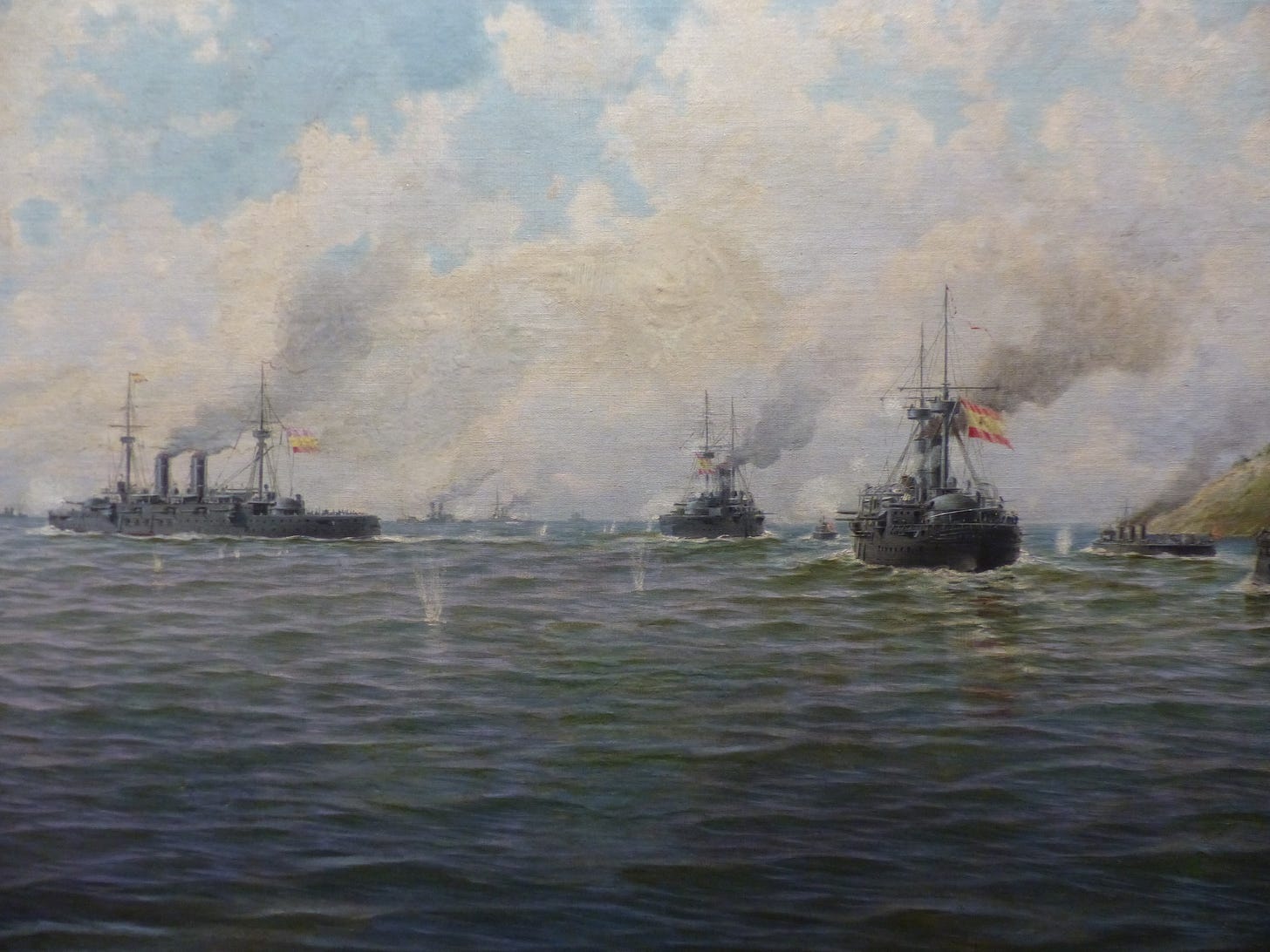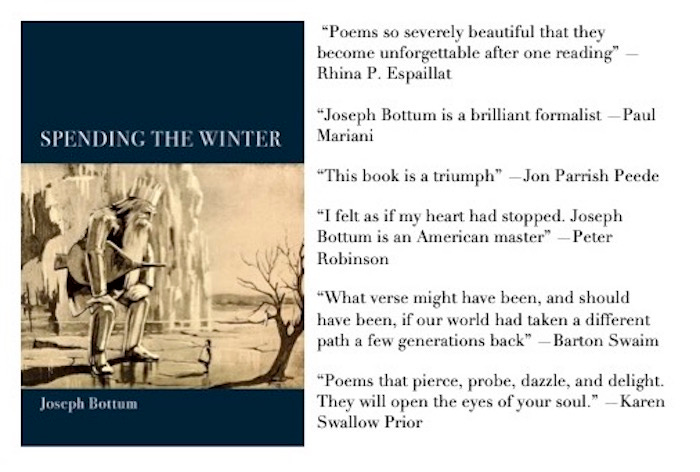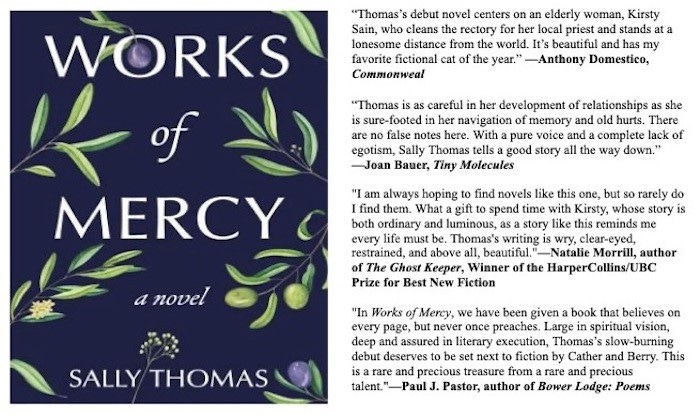
John Jerome Rooney (1866–1934) was once prominent enough to be included among the eighty-eight poets in the 1922 A Wreath for Edwin Markham: Tributes from the Poets of America on His Seventieth Birthday, alongside the likes of Faith Baldwin, E.A. Robinson, and Lew Sarett. Search hard enough, and you’ll find Rooney in such dusty corners as Joyce Kilmer’s 1917 Dreams and Images: An Anthology of Catholic Poets and Brander Matthews’s 1922 Poems of American Patriotism.
There’s a temptation, perhaps, to mock Rooney — Among the top eighty-eight poets in a minor American generation! — and perhaps he deserves the scorn. A lawyer and judge in New York’s Court of Claims, a Tammany Hall political fixer and beneficiary of the rise of Irish immigrants to power in New York City, Rooney just wasn’t that good at poetry: something more than an amateur (with his 1898 collection The Men Behind the Guns and 1938 Collected Poems), but something less than a professional.
And yet — as mention of Edwin Markham, whose 1898 “The Man with the Hoe” was once known across the nation (and deserves its own look, here at Poems Ancient and Modern), should remind us — there was once a kind of public poetry that faded in the twentieth century: verse intended for public consumption and public recitation, rhymed poetry in well-known meters that was meant to express in a memorizable way a public mood and cultural aspiration.
And that’s Rooney’s 1898 “The Men Behind the Guns.” Written during the Spanish-American War, after the naval Battle of Santiago, the poem is four six-lines stanzas of couplets in seven-foot lines, anapestic with the usual easy trochaic substitutions and clipping of the beginning of lines. That form deserves some real analysis of why some substitutions work and others don’t, why the meter conveys speed and motion, why it works so well for comedy (Robert W. Service’s 1907 “The Cremation of Sam McGee,” for example) — and, especially, why it seems so memorizable: why, done well, it sticks in the mind.

Notice, in Today’s Poem, how the meter naturally hints at a break between the first four feet of a line and the last three, giving it the sound of ballad meter, which Rooney emphasizes by creating a fairly regular internal rhyme between the second and fourth feet: And never they fear when the foe is near, or The steel decks rock with the lightning shock (a rhyme pattern Robert Service would use as well: Now Sam McGee was from Tennessee . . .”).
The 1960s folk singer Phil Ochs adapted the poem to serve an anti-war purpose, stressing the class distinction between naval officers and enlisted sailors. That’s a theme present in the original verses, but John Jerome Rooney primarily meant something easier — and, here on Memorial Day, maybe better — about patriotism and service.
The Men behind the Guns
by John Jerome Rooney
A cheer and salute for the Admiral, and here’s to the Captain bold, And never forget the Commodore’s debt when the deeds of might are told! They stand to the deck through the battle’s wreck when the great shells roar and screech — And never they fear when the foe is near to practice what they preach: But off with your hat and three times three for Columbia’s true-blue sons, The men below who batter the foe — the men behind the guns! Oh, light and merry of heart are they when they swing into port once more, When, with more than enough of the “green-back stuff,” they start for their leave-o’-shore; And you’d think, perhaps, that the blue-bloused chaps who loll along the street Are a tender bit, with salt on it, for some fierce “mustache” to eat — Some warrior bold, with straps of gold, who dazzles and fairly stuns The modest worth of the sailor boys — the lads who serve the guns. But say not a word till the shot is heard that tells the fight is on, Till the long, deep roar grows more and more from the ships of “Yank” and “Don,” Till over the deep and tempest’s sweep of fire and bursting shell, And the very air is a mad Despair in the throes of a living hell; Then down, deep down, in the mighty ship, unseen by the midday suns, You’ll find the chaps who are giving the raps — the men behind the guns! Oh, well they know how the cyclones blow that they loose from their cloud of death, And they know is heard the thunder-word their fierce ten-incher saith! The steel decks rock with the lightning shock, and shake with the great recoil, And the sea grows red with the blood of the dead and reaches for his spoil — But not till the foe has gone below or turns his prow and runs, Shall the voice of peace bring sweet release to the men behind the guns!






Having ancestors and sons in the Navy (one of whom has been what they call today a fire controlman), I love this poem. And thanks for bringing up "Sam McGee" -- my daddy still recited the entire poem when he was in his 80s and we all loved to listen to him!
'A minor American generation of poets?' Ah, the arrogance of the Now. The generation(s) you speak of include Emily Dickinson, Walt Whitman, HD, T. S. Eliot, and Ezra Pound, among others. Most poets do not have long shelf lives. This will be true of most if not all of the hot lights of Now. And that's ok.